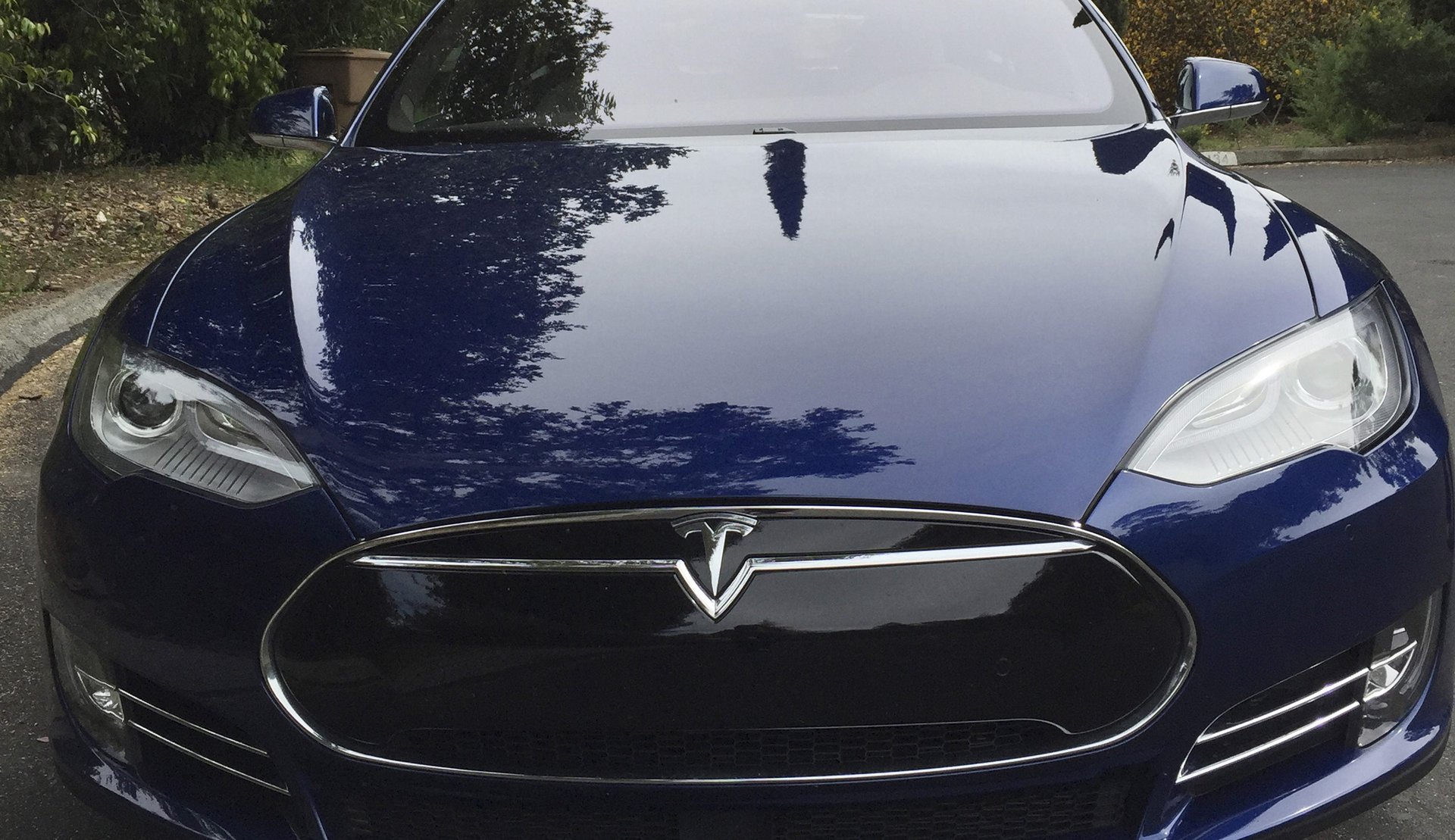Tesla and Elon Musk are planning a $2 billion stock offering
Elon Musk is serious about getting Tesla’s cars into the hands of its customers as soon as possible. So serious the company he founded is selling $2 billion in stock—including more than $500 million of Musk’s personal stake—to make it happen.


Elon Musk is serious about getting Tesla’s cars into the hands of its customers as soon as possible. So serious the company he founded is selling $2 billion in stock—including more than $500 million of Musk’s personal stake—to make it happen.
The company announced its plans in a regulatory filing today after the market closed. Shares fell in after-market trading, then rebounded.
In a quarterly earnings call two weeks ago, Musk signaled the company would invest in production of the new Model 3, the $35,000 sedan it debuted this year:
“What we’re trying to do is get as many electric cars on road as possible. What’s the limiting factor? Product,” Musk said on the call. “We need to be the world’s best in manufacturing. That’s what we’re hell-bent on doing.”
In its filing, Tesla didn’t say precisely how it would deploy the $1.4 billion to $1.7 billion in cash it expects to raise, after underwriting expenses and discounts, but promised it would “accelerate the production ramp of Model 3” and move up its goal of building 500,000 cars from 2020 until 2018. The first cars will be delivered late next year.
Tesla’s confidence is based on the 373,000 deposits it received from customers eager to get their hands on the car. Presumably, driver interest can only rise once Model 3 hits the road. The company indulged in some chest-thumping in its filing:
We have obtained this level of reservations without any advertising or paid endorsements, with only a few social media posts leading up to the March 31st unveiling, without anybody but those who were in attendance on March 31st having had an opportunity to test drive the car, without yet publicly disclosing numerous features about the car, and with almost no attempt to drive customers to make Model 3 reservations since the week following the March 31st unveiling. If we wanted to, we believe that we could further increase the number of Model 3 reservations with minimal effort, but believe it is better to guide customers to purchase products currently in production.
Tesla’s biggest risk may be disappointing its fans with late deliveries or poor craftsmanship. It has a history of manufacturing delays. Investing in production to guarantee it gets high-quality cars on the road sooner rather than later seems like a shrewd decision.